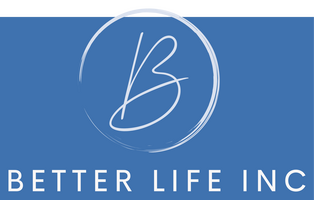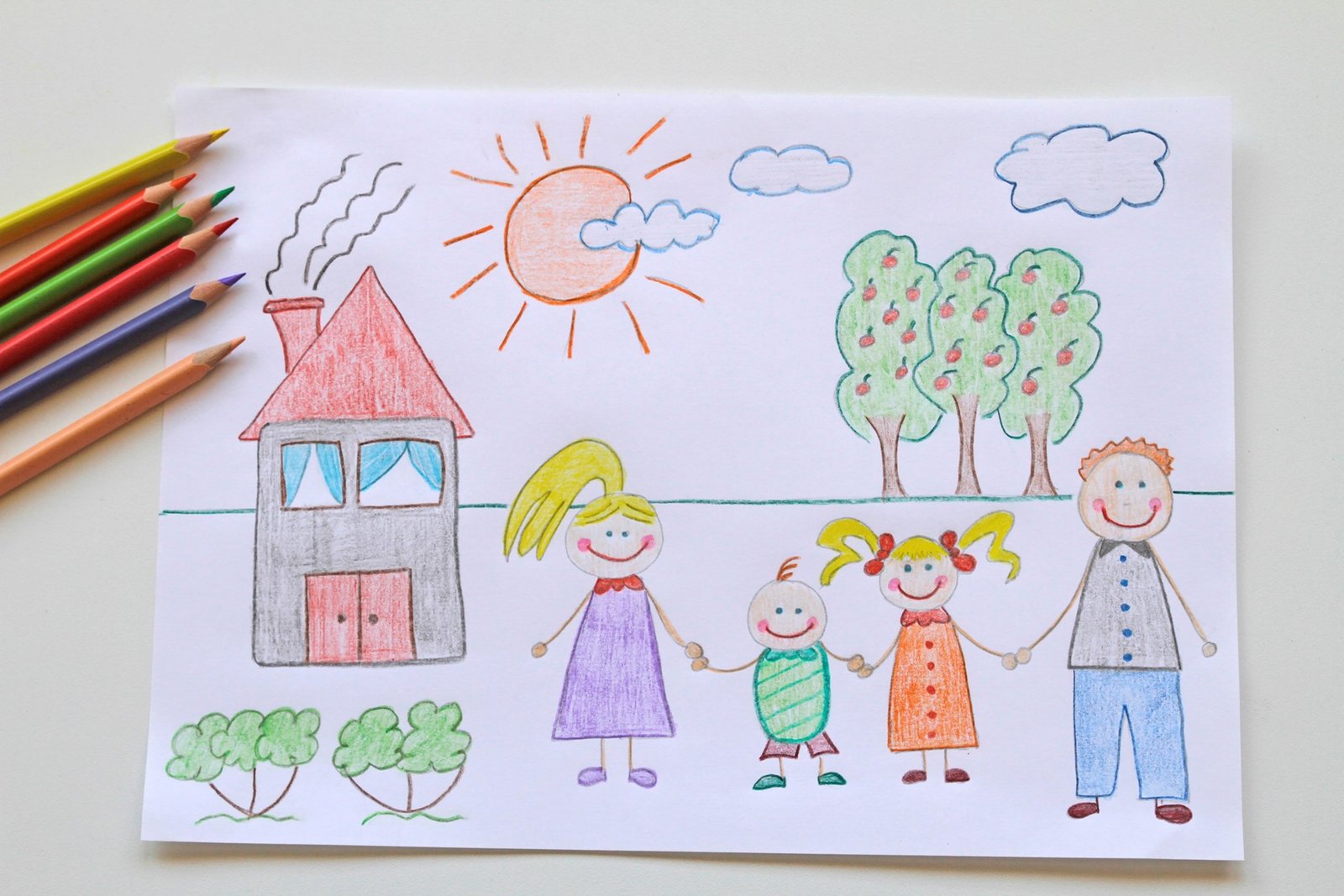Hey there, incredible parents! So… the art of effective parenting!? What happens when our children didn’t come with a manual? Remember the days of Dr. Spock? There are always “trends” with parenting or “best practices”. Do you pick a baby up as soon as it cries or not? How much voice and preference do you allow your child to have?
As parents, you wield immense influence and power in shaping the future generation. Let’s explore the topic of parenting and nurturing our children into resilient, empowered individuals.
Embrace Consistency as a Compass
Consistency isn’t just a routine; it’s a guiding light—an unwavering compass that fosters security and structure for our children. There’s a reason I’ve put this first on the list and it’s because it is so important. Whether it’s bedtime routines, rules, or expectations, consistency breeds trust and reliability, laying the groundwork for emotional stability and growth. Children do best when we take the guess work out and they know the rules and what to expect.
The adults should be in charge of the household period. We definitely want our children to feel heard and know that they are an important part of the family system. We also definitely don’t want to cause emotional, psychological, physical, or mental harm which is also known as CPTSD or Complex Post Traumatic Stress Disorder. But there’s a difference between allowing our children to express themselves and listening to them and giving them the authority of a parent or parentalizing them and giving them adult attributes that they actually don’t have. It should be clear that the adults make the rules, enforce the rules, and are the only ones with the capacity to demonstrate and encourage resilience.
Children need to understand consequences, rational thinking, problem-solving, coping, and they don’t have our education, experience, or knowledge. Only 80% of their brains are developed by the time they are around the age of five, and their brains are not completely developed until somewhere between the ages of 25-30.
Remaining consistent is essential. If you change your mind later, that is far different than setting parental boundaries and not maintaining them. For more information about boundaries see Setting Boundaries in Relationships | Better Life Inc.
Set the Tone
Authority isn’t about control, it’s about leadership—a firm yet compassionate stance that guides and empowers. Establishing authority means setting clear boundaries, offering guidance, and demonstrating skills. It’s about instilling respect while nurturing open communication and trust.
You are the one who will demonstrate how to communicate in a healthy way, healthy parenting skills, healthy relationship skills, and this will be the indicator of what “normal” is in their future adult relationships. Make sure you are demonstrating effective leadership skills. Our children need it in life and we want to raise successful and resourceful future-adults.
Lead with Purposeful Actions
Parenting isn’t just about words—it’s about actions. Demonstrating emotional regulation and resilience through actions speaks volumes. When you follow through on commitments, enforce rules consistently, and model the behavior you expect, you create a powerful foundation for your children.
You don’t want to tell a child they are responsible for how you feel. Your tone, words, values, beliefs, and your setting healthy boundaries and maintaining them is all essential. This might mean breaking generational dysfunction and a therapist or counselor can assist you with this if you want to grow your skills and improve your abilities. Emotional maturity is learned during our own upbringing – you have it or you don’t. When it wasn’t demonstrated, there lies a long road ahead for everyone in the household. Be sure to understand your role, to not blame, guilt, or shame children, take ownership and responsibility – that way you raise responsible future adults. For more information on this issue see Growing Up with Emotionally Immature Parents | Better Life Inc, Understanding Complex PTSD and Healing | Better Life Inc
Foster Open Communication
Authority thrives in an environment of open communication. Encourage dialogue, listen attentively to your children’s thoughts and feelings, and engage in respectful discussions. Your willingness to listen and understand fosters trust and respect in your parental authority.
Children have limited ability to communicate exactly what they need and how they feel. Using anatomically correct words to identify body parts reduced confusion. Discussing good touch bad touch helps keep them safe. Letting them know which adults they can go to with urgent matters such as grandparents and coaches, teachers, and school counselors might be a game changer for their safety.
Healthy communication begins however with you. Listening, building trust, communication, and asking question after question so that you don’t miss anything is priceless in creating a foundation with your child. Your conversation now becomes their self-talk later and we want them to treat themselves with compassion, love, validation, positivity, and confidence. For more information regarding communication, see Transforming Relationships: Healthy Communication for a Fulfilling Life | Better Life Inc .
Empower Through Positive Reinforcement
Celebrate and reinforce positive behavior and efforts. Acknowledging and praising your children’s achievements, however small, builds confidence and reinforces desired behavior, creating a nurturing environment for growth.
It’s imperative that you are not just addressing and pointing out faults, flaws, failures, or otherwise sending a message that your child is inadequate and falling short; they will carry that message with them for a lifetime. By celebrating positive behaviors and achievements, children can see that they are building resilience and are capable and competent. We all form limiting beliefs and by the time children are around age eight, theirs are formulated. Worth, value, responsibility, the “should haves” and the lens we view life through…all created by about age eight. If you see an adult acting out, lacking emotional maturity, then you are witnessing their child self. When our adult children tap into their five-year-old self, we want them tapping into resilience and confidence.
Embrace Flexibility within Structure
While consistency and authority provide structure, flexibility within these boundaries is equally important. Adapt and adjust to your children’s changing needs, demonstrating that while rules remain, you’re open to understanding and compromise.
There should be no reason that a parent and child get involved in continual arguments. The parent and adult is the authority but being willing to take into consideration the child’s point of view, discussing matters to demonstrate problem-solving, and identifying consequences will help give children the skills and tools they need as they get older.
Lead by Example
Your actions are the blueprint for your children’s behavior. Model the values, behaviors, and attitudes you wish to instill in them. Your consistency and authority become the compass guiding them toward becoming responsible, compassionate individuals.
Parenting might begin for you at a young age, and as we grow and learn and experience life, we change from year to year. Our children are watching us grow up while we are watching them grow up. There are no parents or individuals who are all bad or all good, we are allowed to make mistakes in our own time and in our own way, and we are all worthy and loveable just the same. Express yourself and take ownership in your roles, make amends when necessary, and otherwise teach healthy values and priorities to help your children grow into successful adults with successful relationships, and possibly eventually successful parenting skills of their own.
Reward Systems
Here are ten reward systems that parents can implement to encourage positive behavior in children:
- Token or Point System: Assign points or tokens for completing chores, demonstrating good behavior, or achieving goals. Accumulated points can be exchanged for rewards or privileges.
- Privilege Chart: Create a chart outlining specific privileges (extra playtime, screen time, choosing a family activity) that children can earn by meeting behavioral expectations or completing tasks.
- Sticker or Star Chart: Use a visual chart where children earn stickers or stars for positive behavior. Once they reach a predetermined number, they can receive a reward.
- Time-Based Rewards: Offer rewards based on time intervals (weekly, bi-weekly, or monthly) for consistently good behavior or completing tasks.
- Special Outings: Plan a special outing or activity as a reward for meeting certain behavior or achievement goals.
- Family Rewards: Implement rewards that benefit the whole family, such as a family movie night, a game night, or a special meal cooked together.
- Allowance or Money System: Link allowances to completing tasks or chores. Children can earn a set amount for completing specific tasks or demonstrating responsible behavior.
- Activity Coupons: Create coupons that children can redeem for activities they enjoy, like choosing a favorite meal, a day at the park, or a trip to the zoo.
- Acknowledgment and Praise: Offer verbal praise and acknowledgment for good behavior, demonstrating appreciation and recognition for their efforts. Point out their strengths and point out their resilience.
- Goal-Oriented Rewards: Set goals with your child and offer rewards for achieving these goals, such as completing a book, learning a new skill, or improving grades.
Remember, rewards should be age-appropriate, consistent, and aligned with your child’s interests and motivations. They are meant to encourage positive behavior and should be used in conjunction with clear communication and guidance from parents to reinforce desired conduct.
Conclusion: Nurturing Future Leaders
Effective parenting isn’t about perfection; it’s about intention and effort. By embracing consistency and authority with love and understanding, you’re nurturing the future leaders and changemakers of tomorrow.
Remember, effective parenting is an ongoing journey—a commitment with the foundation of unwavering love. Embrace it with intention, knowing that your efforts today shape the resilient, empowered leaders of tomorrow.
With compassion and encouragement as you traverse the important path of parenting,
Better Life offers courses that you might be interested in:
- Healing and Thriving Beyond Unhealthy Relationships | Better Life Inc
- Transforming Relationships: Healthy Communication for a Fulfilling Life | Better Life Inc
- Connection in Relationships | Better Life Inc
- Doing The Things That Will Make Your Life Better | Better Life Inc
- Forgiveness: Healing and Transformation | Better Life Inc
- Understanding Anxiety | Better Life Inc

